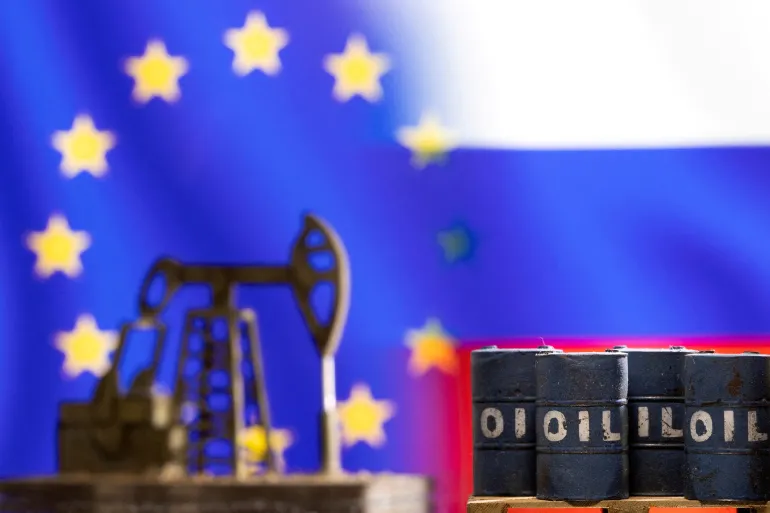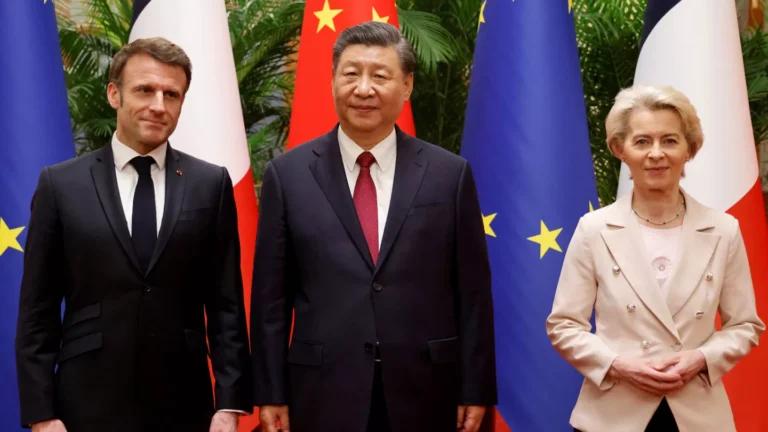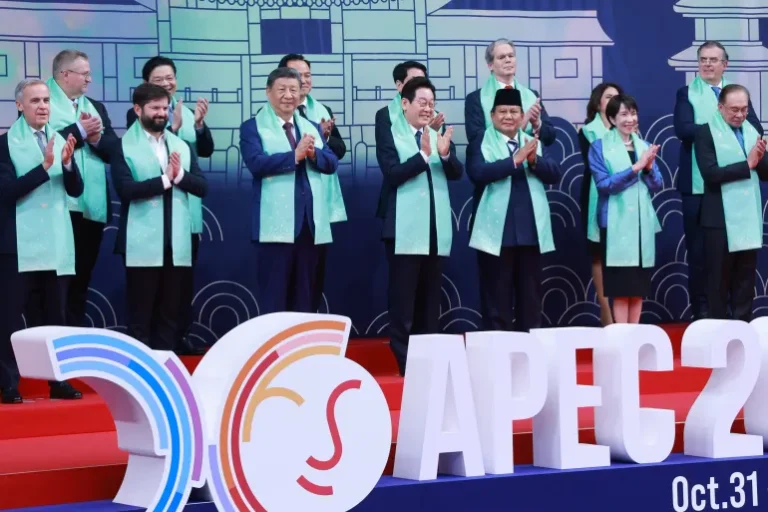
The European Union has taken a truly monumental step. It has committed to definitively ending its reliance on Russian energy. The Council of the European Union endorsed a proposal recently. This proposal mandates a full ban on Russian gas imports by January 1, 2028. This decision is part of the broader REPowerEU roadmap. It marks a pivotal moment. It signifies Europe’s strong determination. They want to achieve a resilient and independent energy market. Consequently, this strategic shift is set to reshape global energy trade and geopolitical alignments. It is a long-term declaration of energy sovereignty. Europe’s Energy
The Legal Mandate: A Stepwise Prohibition Europe’s Energy
The newly adopted regulation is legally binding. It introduces a stepwise prohibition. This prohibition covers both pipeline gas and liquefied natural gas (LNG). The process begins soon. New contracts for Russian gas will be prohibited starting January 1, 2026.
However, a transition period is allowed for existing contracts. Short-term deals signed before June 17, 2025, can continue for a year. They may run until June 17, 2026. Furthermore, long-term contracts have a final deadline. They must terminate by the ultimate ban date of January 1, 2028. This phased approach is pragmatic. It aims to reduce market volatility. It prevents immediate supply shocks across the continent.
Closing the Oil Loophole Europe’s Energy
The commitment is comprehensive. The Council also requires member states to address Russian oil imports. The same final deadline of January 1, 2028, applies to phasing out all remaining Russian oil imports. This ensures a consistent energy decoupling. The EU has already reduced Russian oil imports significantly. This latest move targets the residual reliance. It aims for a complete fossil fuel break.
The regulation also strengthens enforcement. Importers must provide detailed contract information. They must disclose the gas’s country of production. This added scrutiny is vital. It closes potential loopholes. It mitigates the risk of Russian hydrocarbons being indirectly transited through other countries.
The Geopolitical Drivers: Ending a Political Weapon Europe’s Energy
This ambitious decision is a direct response to years of tension. Russia has repeatedly used gas supplies as a “political weapon.” This strategy was heavily utilized after the 2022 invasion of Ukraine. It caused significant market disruption. It created supply instability across Europe.
Lars Aagaard, Denmark’s Minister for Climate, Energy and Utilities, chaired the EU Energy Council. He described the new rules as the “Freedom Package.” He emphasized a clear message. An energy-independent Europe is a stronger and safer Europe. The ban is not merely an economic decision. It is a strategic move. This is designed to bolster Europe’s security. It aims to slash billions from Moscow’s budget. This revenue is financing the ongoing war in Ukraine.
Transatlantic Alignment
The move aligns with pressure from the U.S. Washington has urged Europe to accelerate the phase-out. They want a total embargo on Russian energy. Consequently, the decision reinforces the transatlantic alliance. The U.S. has pledged significant energy trade support. This includes increasing LNG purchases from the U.S. This shift is expected to accelerate Europe’s transition.
The Economic and Political Challenges Europe’s Energy
The move received widespread endorsement. However, it was not unanimous. Two member states voted against the proposal. These nations were Hungary and Slovakia. Both are landlocked countries. They remain heavily reliant on Russian pipeline gas.
Hungarian and Slovakian Opposition
Hungary’s Foreign Affairs Minister, Péter Szijjártó, was highly critical. He warned that the ban would “kill” their energy supply. He stated that energy should not be about politics. Furthermore, he argued the regulation destroys their energy security. This opposition highlights a deep internal division. These two countries benefit from cheaper Russian gas and transit revenues. They also maintain warmer political ties with Moscow.
However, their opposition did not block the decision. The resolution required only a qualified majority vote. Moreover, the EU offered a compromise. Existing contracts can be amended for specific operational purposes. This offers limited flexibility. It addresses concerns about supply route changes. The European Commission also pledged help. It will assist all countries in diversifying their energy sources.
The Cost of Independence
The transition, despite its necessity, carries economic risks. Short-term energy prices could rise. This possibility affects households and industries across the bloc. Therefore, continuous monitoring is required. The Commission must carefully track the impact on energy prices. The industry is already paying higher power prices. This is double the cost faced by competitors in the U.S. and China. The EU must mitigate these competitiveness risks. They must ensure a smooth industrial transition.
The Road to Finalization: Parliament and Beyond
The Council’s position is not yet the final law. It now sets the negotiating mandate. This mandate goes to the European Parliament. The Parliament has advocated for an even faster exit. It previously called for a full stop by January 1, 2027. They want an immediate halt to oil imports.
Negotiations will now begin soon. The Council and Parliament must agree on the final text. They aim to finalize the regulation by the end of 2025. This legislative process will clarify key details. It will determine how long European businesses will continue to fund Russia’s war machine.
A New Energy Foundation
The final phase-out of Russian fossil fuels marks a turning point. It is the end of a volatile chapter. Europe is not just cutting ties. It is building a stronger energy foundation. The strategy focuses on rapid acceleration. It pushes the deployment of renewable electricity. This champions energy efficiency. It prioritizes electrification. Consequently, the goal is a more secure, diversified, and climate-aligned European energy system. The EU’s commitment is clear. They will never again make the mistake of over-relying on a single external supplier for security. This move is a strategic blueprint. It is a declaration of energy independence for the next generation. Europe’s Energy




